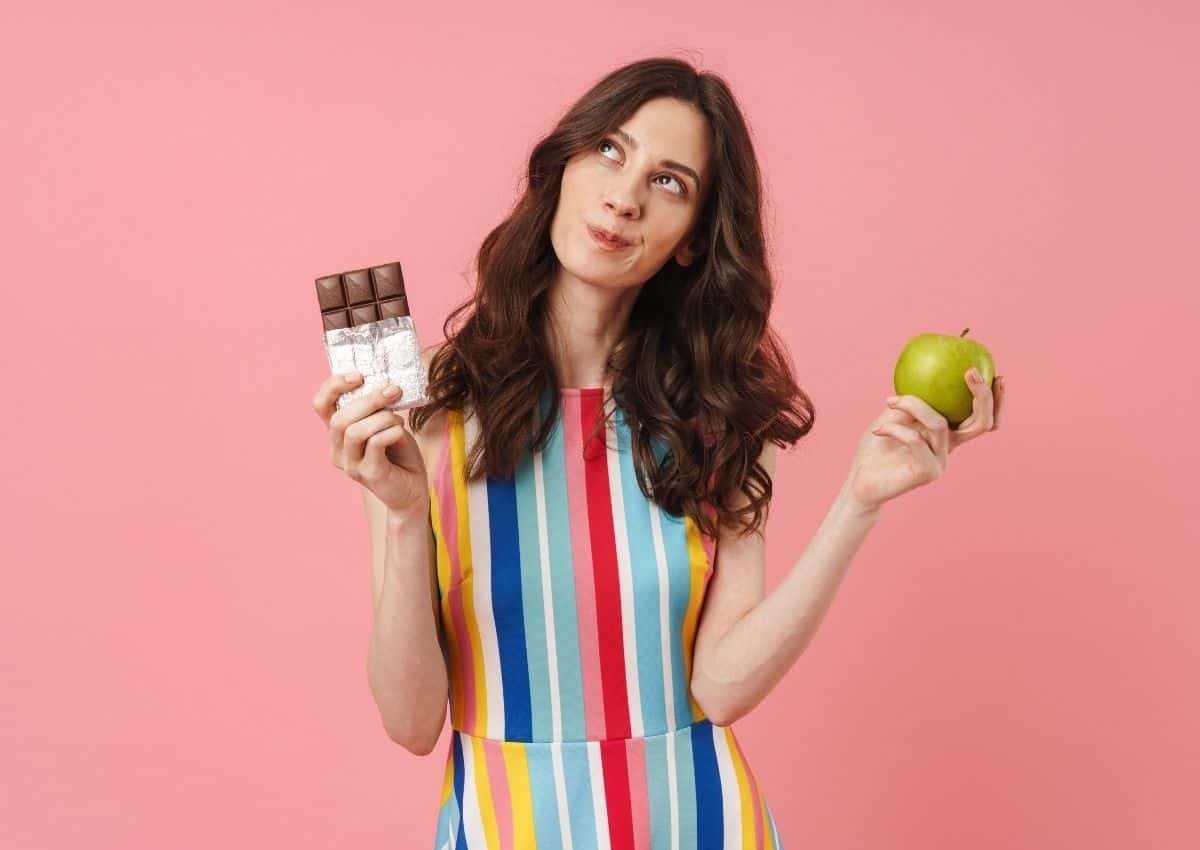Dark chocolate, milk chocolate, chocolate with minty bits…it’s tough to resist that taste when it melts in your mouth, and the warm fuzzy feeling when you drink it hot. Whether it’s a gift, or you’ve just purchased your 90c Cadbury twirl bar after seeing a Coles brochure, there is something about this superfood that just draws you in.
Scientists say it’s all the dopamine neurotransmitters that are released into your body that give you that feel-good sensation when you eat it. Whatever it may be, we are glad to have found evidence that suggests that indeed chocolate (not all, obviously) is good for health.
Of course you will need to consider how much you eat at a go because the sweetness is from sugar and that is no good in bouts. Milk chocolate is white, with more sugar and fats than cocoa, so it doesn’t qualify here unfortunately.

This is why cocoa is good for you:
- It has antioxidant flavonoids. An interesting study reported that cocoa, in comparison to black tea, green tea and even red wine, had higher levels of total flavonoids per serving. The actual type – flavanols. These are said to influence insulin resistance and, in turn, reduce the risk of diabetes.
Moreover, there are suggestions to these flavanols playing a role in lowering the risk of cardiovascular disease. Further research in the US deduced that these cocoa flavanols improved brain function in older people with mild cognitive impairment. In London, some scientists claimed that flavanols help to prevent sun-burn – bonus!
- It has anti-inflammatory properties. Chocolate rich in cocoa (70% plus), has the greatest anti-inflammatory benefits. Those flavonoids mentioned earlier also promote healthy endothelial cells. This effect helps to prevent artery-clogging plaque formation by reducing the levels of molecules that cause white blood cells to stick to artery walls thus contributing to arteriosclerosis / atherosclerosis.
- It has healthy fats. Oleic acid is one of the healthy fats in cocoa that helps to increase high-density lipoprotein, HDL, the good form of cholesterol in our bodies that helps to reduce the risk of heart disease. Cocoa – olive oil, same properties here.
In a 2011 issue of the European Journal of Clinical Nutrition, a study found that dark chocolate and many cocoa products also lowered levels of LDL – low-density lipoprotein, the bad form of cholesterol, in those who took part in the study for about 12 weeks. Increasing HDL and lowering LDL, double blessing!
There are other nutrients like zinc, copper and iron also found in dark chocolate which help in lowering the risk of heart disease, high blood pressure, stroke and diabetes. Copper, which you only need in very small amounts to stay healthy, is useful for red blood cell formation and keeping our nerves, bones, blood vessels and immune system healthy.
Iron is also used for red blood cell formation, and it also helps with brain development, metabolism and temperature regulation.
Zinc is needed for healing wounds, immune function, forming DNA and proteins, cell division and for a proper sense of taste and smell. Our bodies do not store zinc, so a small amount of dark chocolate a day could be helpful.
Ready to indulge? Most packaging will state the amount of nutrients and cocoa found in your chocolate varying from 35 to 99%. Remember that the higher that percentage point is, the more flavanols, hence the more health benefits.












